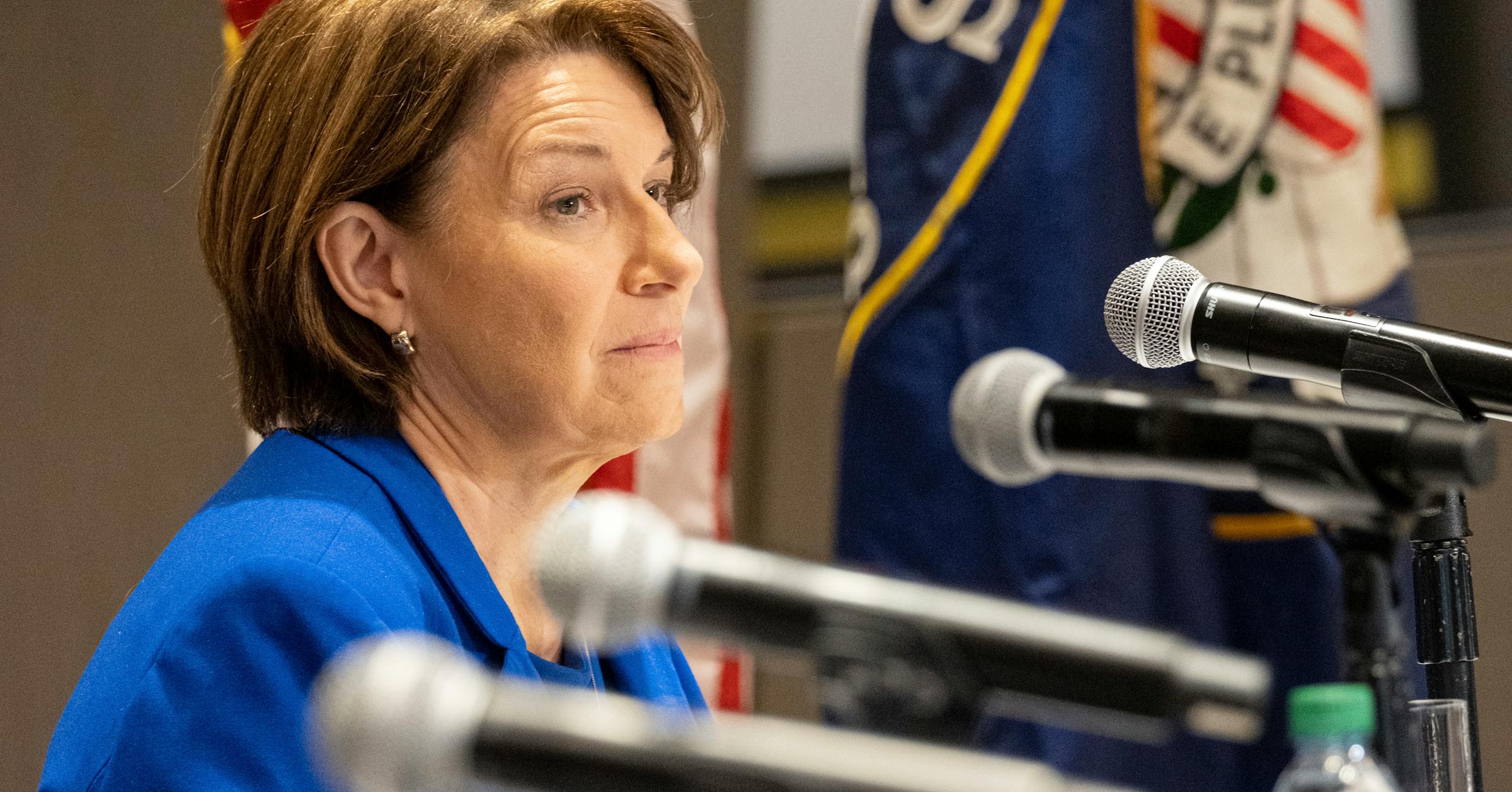Copyright Star Tribune

WASHINGTON, D.C. — Seven weeks into the longest U.S. government shutdown, a small but growing number of senators in the Democratic caucus on Sunday night appeared ready to end the impasse and reopen the government. But Minnesota’s two Democratic senators – Amy Klobuchar and Tina Smith – did not join a bloc of Democrats supporting a deal with Republicans to end the government shutdown without extending Affordable Care Act subsidies. “I voted against this budget bill because it does not prevent health insurance premiums from doubling for so many in our state,” Klobuchar said in a statement. “The President and Congressional Republicans should have come to the table to work with us to lower these costs.” Smith also opposed the Sunday night deal and criticized the GOP for failing to address an extension of the ACA subsidies in the measure. “I will not support this bill that completely fails to help Americans afford their health care,” Smith posted on social media Sunday night. “Allowing this to pass is a mistake.” The Senate is voting on what could be the first steps to end the shutdown with a small contingent of Democratic senators saying they would vote to reopen the government if the Senate passed three annual spending bills and funded the government for two months. The two leading Minnesotan Democrats running to replace Smith in her seat when she retires in January 2027 took to social media to blast the deal. “If people believe this is a ‘deal,’ I have a bridge to sell you,” said Rep. Angie Craig, who currently represents parts of southern Minnesota and the Twin Cities suburbs in Congress. “I’m not going to put 24 million Americans at risk of losing their health care.” Minnesota Lt. Gov. Peggy Flanagan posted on X before the deal was announced, saying “any deal that relies on Republicans to keep their word is a bad one.” “Democrats can’t give up on affordable health care for an empty promise,” she said. “Minnesotans can’t afford for Democrats to cave.” Jerry Holt/The Minnesota Star Tribune Among federal policy reversals on the rollout of SNAP benefits this month, cities and counties have focused on funding food banks themselves to help residents make ends meet.



